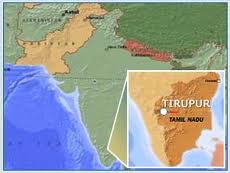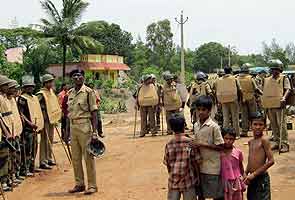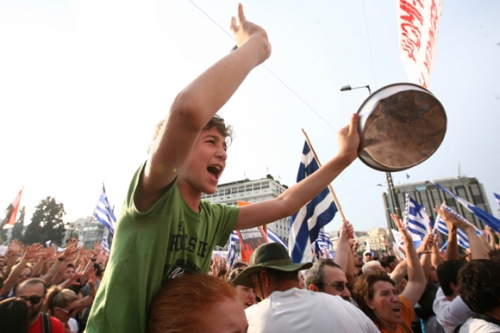 “Without a true peoples army, the people had nothing — despite the justice of their demands, despite the passion of their voices and the power of their numbers.
“Without a true peoples army, the people had nothing — despite the justice of their demands, despite the passion of their voices and the power of their numbers. “It is a bitter moment we will never forget.”
By Mike Ely
June 4, 1989 – the regime in China suppressed a powerful movement of rebellion, using the Peoples Liberation Army against the students and workers gathered in the heart of Beijing. It revealed, in shocking ways, how different this government of Deng Xiaoping and Li Peng were from the revolutionary days of Mao’s China. This army, born in revolution, had become an instrument against people. This party, born as a vanguard of liberation, had become a Confucian clique of new oppressors. This society, which had once been a beacon of revolution, was now a magnet for foreign capital.
Singing the Internationale as their own anthem of defiance, demanding the right to recall entrenched government leaders, speaking in passionate tones of rebellion, the rebels of Tiananmen faced a pitiless government unable to hear or respond. Many paid with their lives under the treads of the government’s tanks — as the occupation of the square was broken up by force in the depth of the night. Many were killed, the numbers are unknown. Many were imprisoned, the numbers are unknown. Many had careers ruined, the numbers are unknown. And millions felt their voices and hopes silenced — temporarily, for a mere blink of history’s eye, for a passage that will inevitably pass.
Without a true peoples army, the people had nothing — despite the justice of their demands, despite the passion of their voices and the power of their numbers. It is a bitter moment we will never forget.
One of the perverse features of modern politics is the attempt of western capitalists to present themselves as defenders of democracy and people’s rights, and their portrayal of revolutionary communists as dictators and oppressors. They have attempted to impose this narrative on the public view of the 1989 events — when, in fact, the very opposite is true…. when in fact the U.S. then supported the brutal government of Deng in every way that mattered. The U.S. claimed the rebellion, while they came waving dollars to exploit China’s people.
I first gathered these photographs online in 1999, and offer them again on this new anniversary.
Even today, the rulers of China try to suppress the memory of this great uprising and their own bloody crimes. They “harmonize” the Chinese internet to suppress mention of Four-Six-Eight-Nine. But in the world today silence cannot be imposed easily — humanity moves restlessly, and new generations step forward bravely.
Revolutionaries all over the world remember and honor the brave rebels of Tiananmen this day, and hold out great hope for the growing struggles of China’s brutally oppressed people.
It is right to rebel against reactionaries!
Photo gallery >

















